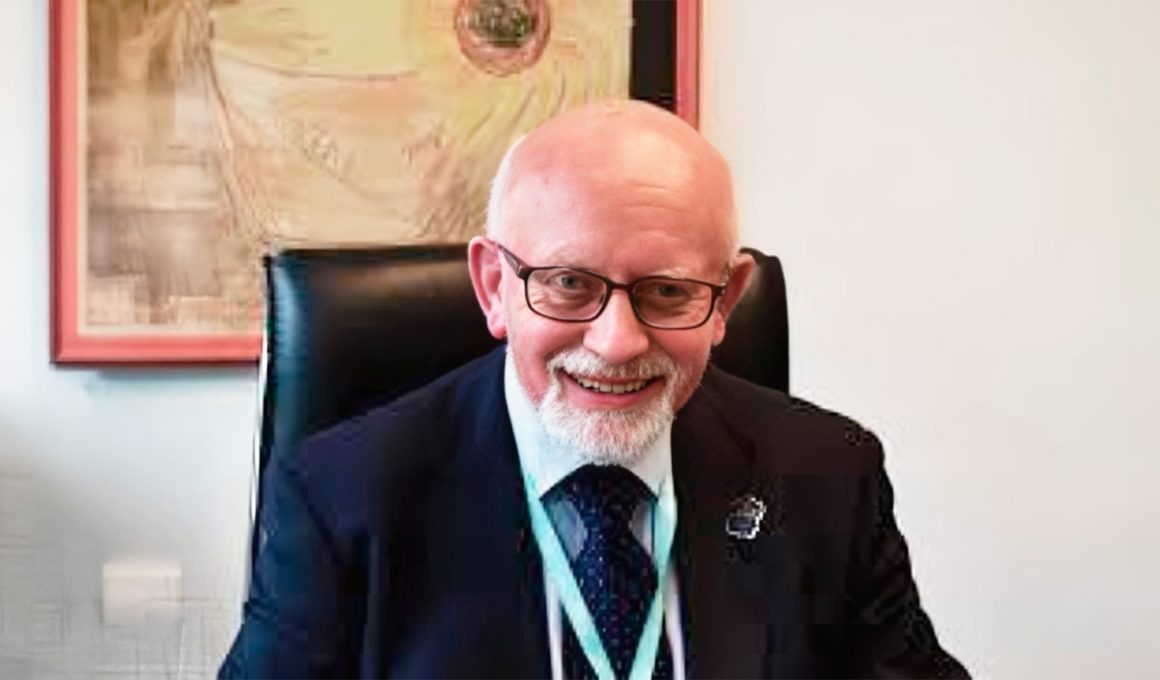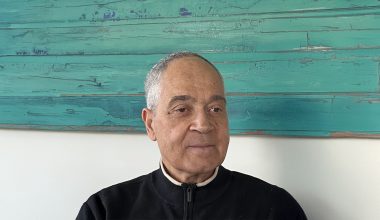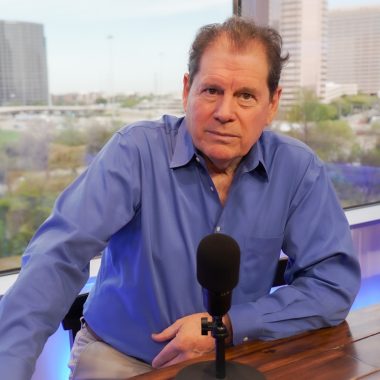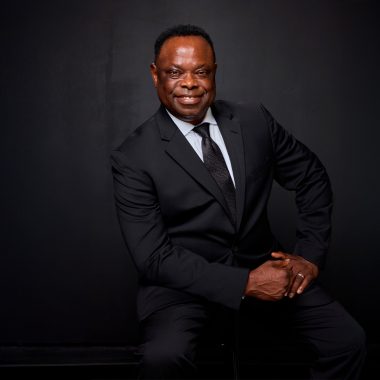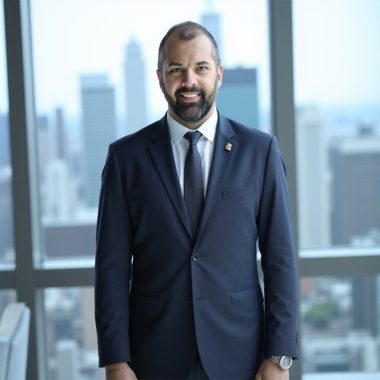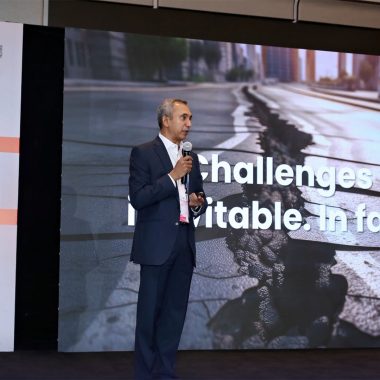What does it take to turn good intentions into real impact in education? For Brian Cooklin, the answer lies in leadership that’s rooted in purpose and sharpened by global experience. With a career spanning continents and classrooms, Brian has seen firsthand how policy decisions shape students’ lives—and how strong, values-driven leadership can shape those policies. Now serving in a global integration role at Nord Anglia Education, his journey from teacher to international leader reveals what it truly takes to influence change at a growing scale.
Finding Purpose in Educational Leadership
For Brian, leadership in education begins with absolute clarity about goals. “It’s the driver for success,” he says plainly. “You need to have in leadership a very clear purpose.” This focus on purpose grounds his approach to policy influence. Without a clear vision of what you’re trying to accomplish, implementation falters and impact diminishes. When mentoring new principals, Brian constantly redirects them to their core motivations during difficult moments.
“Quite often when they’re dealing with crises or difficulties that they haven’t encountered, I will say to them, you have to go back to why are you doing this and what drives you to do it successfully,” he explains. “You have to have a sense of values at your core. Let’s say a favorite one of mine is respect. You have to have that fundamental attitude that everyone deserves respect.”
Learning Through Experience
Brian’s leadership skills developed gradually throughout his career, starting with seemingly small responsibilities that built lasting capabilities. “From an early age, my favorite extracurricular activity, apart from rugby, was public speaking and debating,” he recalls. “Being part of that setup, I didn’t realize in the passing it became second nature to chair meetings, take minutes, report back, keep accounts.” These foundational skills proved invaluable later. When he took over one organization, he discovered their leadership team meetings dragged on for eight hours. “That’s not a meeting, that’s punishment,” he told them. Brian restructured their approach, trimming meetings down to just 90 minutes while still accomplishing the same work.
“Top of my list is communication,” Brian says firmly. “I see it done badly a lot because it’s done in a hurry, it’s done without thought.” He’s witnessed this problem repeatedly across cultures. During national-level negotiations with government officials and unions, Brian noticed how counterproductive rigid positions became. “Other members at the meeting adopted a pretty dogmatic, fixed approach to negotiations. Whereas my view was I need to understand where all these various sides are coming from and find consensus.”
This flexible approach to communication proves especially important when working internationally. “The way you operate in China is very different from the way you operate in India, which is very different from the way you operate in America or the UK,” he notes from firsthand experience building schools across these regions.
Practical Advice for Educational Leaders
Brian offers straightforward guidance for anyone hoping to influence educational policy:
Never work alone – “You can’t do this on your own,” Brian insists. “You need to make sure that you have people on your team who complement what you’re doing.” He advises against appointing “clones” who think exactly like you do. Instead, seek out people who bring different perspectives and create healthy tension around ideas.
Make time for reflection – “I’m a great believer in advocating for reflection time,” he says. “Try to make sure you give yourself 15 minutes at the end of your day.” Brian believes this practice is increasingly important as digital demands consume more of our attention. “From the minute you wake up, you’re looking at your phone. It’s relentless until you go to sleep at night. But at no point do people really give themselves time to stop and think.”
Use data intelligently – “You’re nothing nowadays without data,” Brian states bluntly. Leaders must interpret information effectively to identify trends and opportunities. Without this skill, leadership becomes reactive – “like a children’s game, Whack-a-mole. Here’s another problem that has popped up. There’s no rhyme or reason to it.”
Above all, Brian emphasizes adaptability as the essential skill for today’s educational leaders. “Whatever else happens, what we do know is going to happen is change,” he says. “How you manage change and how you prepare students to be resilient, to cope with change – those are major challenges we face daily.” Through these practical principles, Brian continues to influence educational policy and develop the next generation of educational leaders.
Connect with Brian Cooklin on LinkedIn to learn more about his global education leadership experience.
